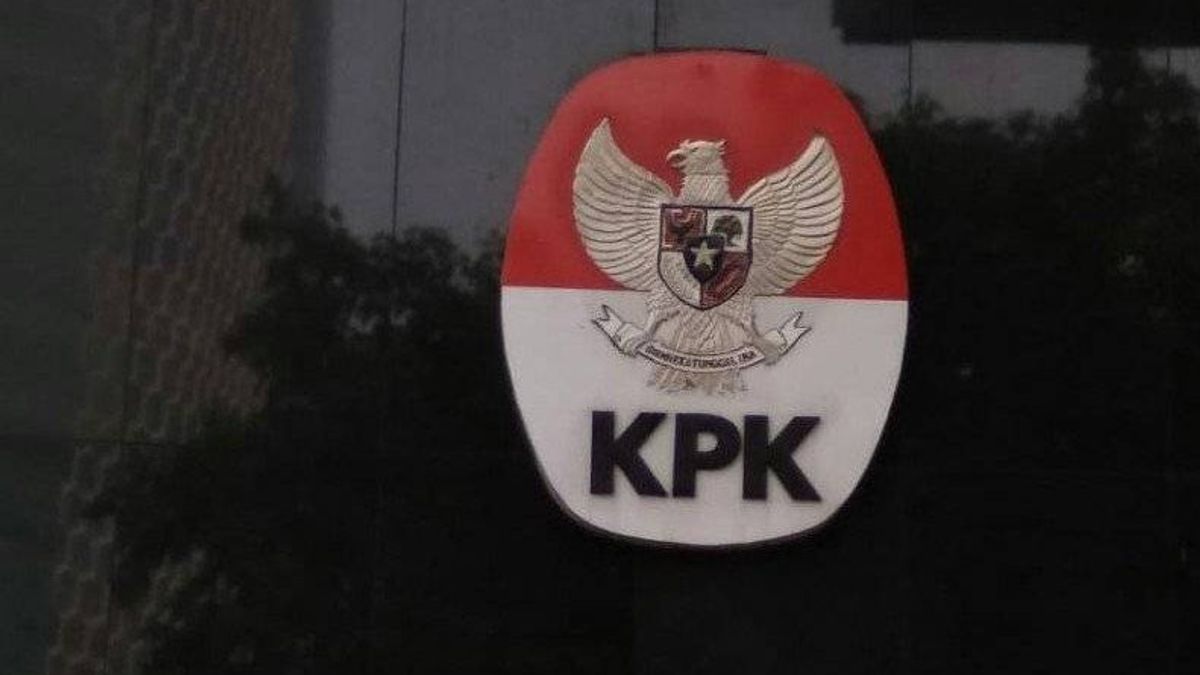JAKARTA - An employee of the Corruption Eradication Commission (KPK) who was declared a failure in the National Insight Test Assessment (TWK) and was deactivated, admitted that he was surprised by the findings of the Indonesian Ombudsman who called the process of transferring the employee status to maladministration.
In fact, they also did not expect the findings to reveal something deeper than the allegations and reports previously submitted.
"We were surprised because the Ombudsman's meeting revealed something deeper than we anticipated at the beginning of the report," said one of the representatives of the 75 failed and deactivated KPK employees, Rasamala Aritonang at an online press conference, Wednesday, July 21.
He said their report initially only projected a number of simple administrative irregularities. "But the results of the Ombudsman's examination turned out to find more serious violations of the law by the KPK leadership in carrying out the process of transferring the status of KPK employees," said Rasamala.
There were at least three keywords that were taken seriously by the dozens of employees, including maladministration, procedural violations, and abuse of authority.
Therefore, these employees take into account the legal remedies that will be taken to investigate such serious violations.
This is important to find out the motives behind the actions taken by the KPK leaders and related parties. This is because their actions not only have implications for each employee who is declared not to have passed the TWK but also for wider efforts to eradicate corruption.
"For example, what are the motives of the Head of the Legal Bureau of the KPK and the Director of Laws at the Ministry of Law and Human Rights who signed the minutes of the meeting which they did not attend but were attended by the head of the institution? did not want to sign the meeting they attended," said Rasamala.
In addition, these employees also questioned the motives of the Head of BKN who volunteered to carry out TWK even though they were not competent and did not even have the implementation instruments. "Including, for example, contract documents whose dates are intentionally backdated," he said.
"This motive needs to be seriously investigated what its purpose is and the element of intent in it. This further investigation is important to see any indications and various possibilities including potential violations," said Rasamala.
Rasamala hopes that the corrective steps that have been conveyed by the Ombudsman to the two institutions, namely the KPK and the State Civil Service Agency (BKN) can be carried out. Moreover, ethically what is conveyed is morally binding.
"Similarly legally. The findings are legal decisions issued by state institutions that must be respected and implemented by all parties, especially law enforcement agencies," said Rasamala.

Previously reported, the Indonesian Ombudsman found maladministration in the process of implementing the National Insight Test Assessment (TWK) for employees of the Corruption Eradication Commission (KPK). This was conveyed by the Chairman of the Indonesian Ombudsman Mokhammad Najih on Wednesday, July 21 today.
"In general, we found maladministration from the results of the examination," Najih said at an online press conference broadcast on the Indonesian Ombudsman's YouTube account.
He explained that his institution focused on examining allegations of maladministration on the first three issues. First, in a series of policy formation processes, the process of transitioning the status of KPK employees to State Civil Apparatus (ASN).
Second, in the process of implementing a series of status transfers and finally at the stage of determining the results of the TWK assessment.
"Three things that the Ombudsman found potential for maladministration," he said.
The English, Chinese, Japanese, Arabic, and French versions are automatically generated by the AI. So there may still be inaccuracies in translating, please always see Indonesian as our main language. (system supported by DigitalSiber.id)









